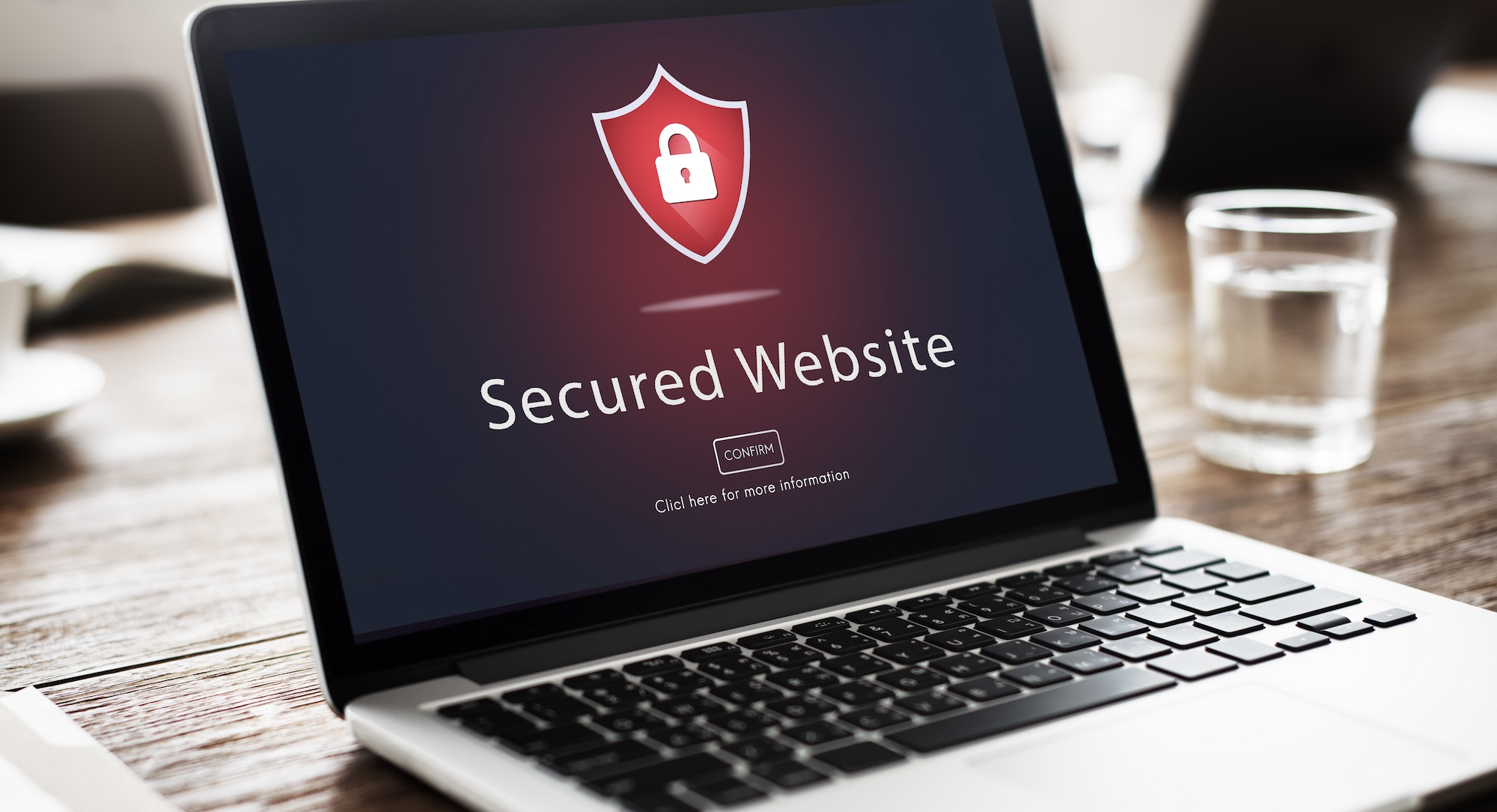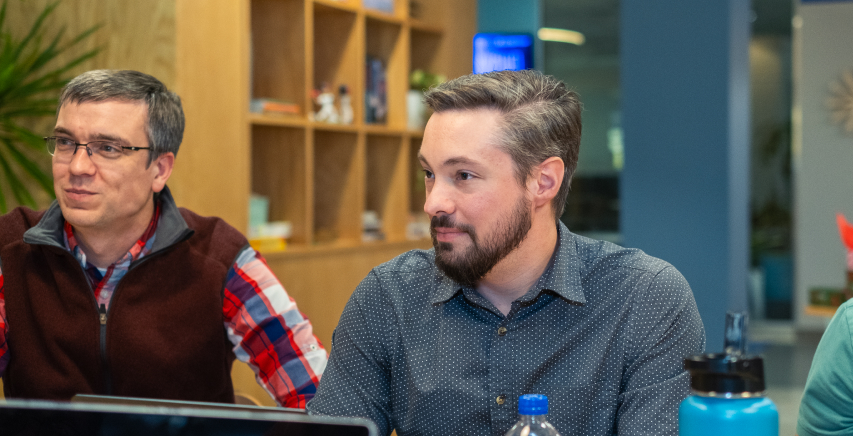Website security features do more than protect your website—they protect your entire business. If your site is hacked or compromised, you can lose revenue, valuable time, and customer trust.
In our work as a WordPress web design agency, we ensure any site we work on has the utmost security we can provide. We offer hosting and maintenance to provide customers with optimized, updated, and secure sites. We also think it’s important that all businesses know the behind-the-scenes building blocks of site security. Here are three things every business should know about a secure site.
1. Hosting Matters More than Many People Realize
Hosting is a bigger driver of security than many people realize. A lot of what makes a site secure boils down to the server level settings. For example, someone who has a basic shared hosting plan is essentially leasing space on a hard drive that has no extra layers of security built on top. This means a bad actor can get to the code of your website to attempt a hack without going through any extra security along the way.
On the other hand, a server and operating system that is highly tailored to WordPress (like WP Engine) and has custom security features built in will recognize common attempts at WordPress attacks, and deflect them before these bad actors get to the code of your site. This layer of security is like a “bouncer” that prevents the hacker from getting through the door.
Basic shared hosting plans also have security vulnerabilities due to the thin “walls” between websites. As an analogy, if you’re in an apartment building and your downstairs neighbor’s kitchen catches fire, it could quickly spread to your own unit.
WP Engine provides additional security because divisions and protections between sites are “thicker” (so to speak) on the shared servers. Last, managed hosting offers more flexibility in security features like staging sites. You can make website changes in a staging environment without affecting your live site, improving quality assurance and your ability to keep the live site secure.
2. You Can Take Steps to Prevent Hackers from Compromising Your Code
The next level of website security is keeping code safe. Look for the three core things outlined below in a security plugin to help maximize protection of your website code.
- Malware scans – Malware scans prevent unwanted or malicious code from infiltrating your site. Code is stored in a repository, and when there is an update, malware scans will compare the updated code to the core files to ensure malicious code was not added. A plugin like Wordfence not only identifies the malicious code, it can also replace it.
- Two-factor authentication (2FA) – 2FA is a method of security that requires two forms of identification before access is granted, such as requiring a login/password and then also requiring a verification code. The extra step helps businesses keep their websites and data secure. 2FA also provides information on unauthorized access attempts that can help a business take additional security measures.
- Web application firewall (WAF) – A WAF identifies, monitors, and blocks unwanted HTTP/S traffic and prevents attempts to compromise your site. The best WAFs are set up to run at the beginning of initialization so plugins and themes won’t run potentially dangerous code. A WAF protects against common attack attempts such as SQL Injection (SQL code that can compromise a system), Cross Site Scripting (unsanitized HTML or JavaScript code used to take over a browser session and then take actions as a user), malicious file uploads, and more.

3. Plugins and Themes Need Security Maintenance, Too
We see that a lot of business sites created and managed by non-WordPress specialists typically have at least 20 to 30 plugins. It’s not uncommon for a site to have more than 60. If even one of these plugins is outdated, your site will have an additional security weakness.
Many WordPress plugins can auto-update as a basic protection feature, and while this is helpful, it also has its limits. It’s like trying to fix a car while it’s being driven.
To take it a step further, we recommend managed hosting with WP Engine’s version of auto-updates, because it can do baseline checks of plugin updates outside of the site. This is like tuning up a car in the shop instead of on the road. Maintaining updated site versions, themes, and plugins is still one of the best ways to create a frontline of defense and safeguard your site.
Get the Peace of Mind that Comes from Site Security
The security of your site is too important to leave to chance. Managed hosting can keep your site operating smoothly. It can also ensure that your site is secure, updated, and backed-up, and your data and code are safeguarded. The analytics from managed hosting provide an additional source of key insights into your site’s performance—including unauthorized access attempts.
Ultimately, protecting your site provides additional peace of mind. When you know your site is secure and your code, data, and systems are protected, you can focus on what you enjoy and do best—running your business.

